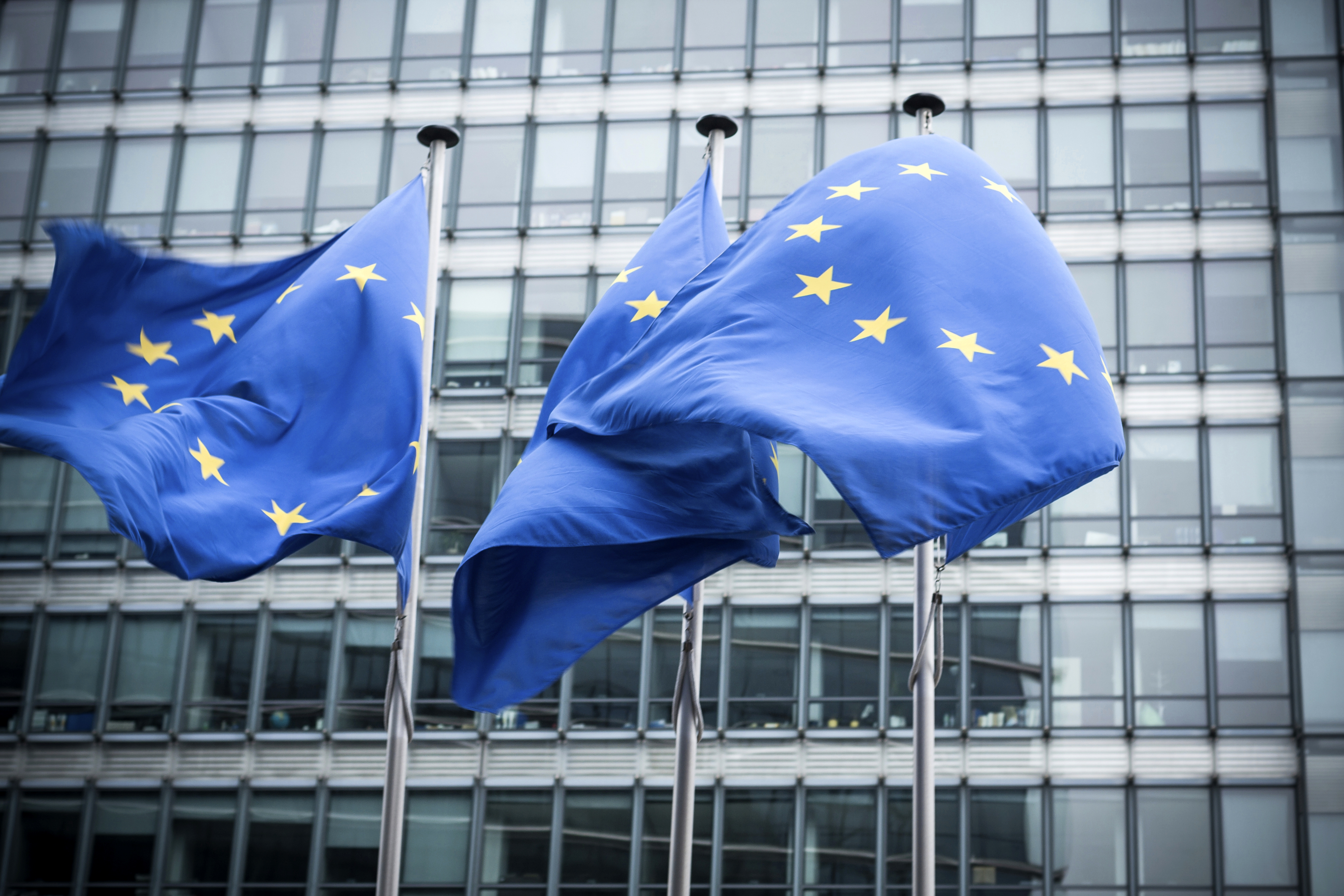The president of the European Commission, Ursula von der Leyen, today named Valdis Dombrovskis to the role of trade commissioner, subject to the approval of the European Parliament.
Dombrovskis, who currently serves as the executive vice-president responsible for economic and financial affairs, had held the trade role on a temporary basis since the resignation of Phil Hogan on August 26 amid claims the Irish commissioner broke his home country’s Covid-19 quarantine rules when he visited County Galway from Brussels to attend a dinner.
Before becoming European Commission vice-president, Dombrovskis held the office of prime minister of Latvia for three consecutive terms, making him the country’s longest-serving head of government. His EU experience also includes five years as vice-president for the euro and social dialogue from 2014 to 2019.
In his new role, he will now take on a number of pressing challenges facing the EU, not least the increasingly terse dialogue with the UK government as it seeks to override key parts of the Brexit withdrawal agreement.
Yesterday, UK Prime Minister Boris Johnson hinted that he was prepared to walk away from talks if no agreement could be reached between his country and the 27-member bloc by October 15, saying: “There is no sense in thinking about timelines that go beyond that point. If we can’t agree by then, then I do not see that there will be a free trade agreement between us, and we should both accept that and move on.”
However, for many onlookers, the prospects for a deal to be reached by then look bleak.
“Trade agreement negotiations had been at a standstill for months. Not much progress was made and no agreement was in sight, but at least a continuous dialogue existed,” says Anahita Thoms, trade partner at Baker McKenzie, adding that it now seems as if the UK government wants to let the negotiations fail.
For her part, von der Leyen has warned the UK government that the implementation of the withdrawal agreement is a prerequisite to any future partnership, stressing via Twitter that the country has an obligation to do so under international law.
“The EU cannot tolerate a re-writing of the withdrawal agreement – the EU would lose credibility. If it is just a ‘manoeuvre’ it is a dangerous one,” adds Thoms. “Trade negotiations are also about trust, which is now being completely gambled away. We are about to see the collapse of the negotiations.”







